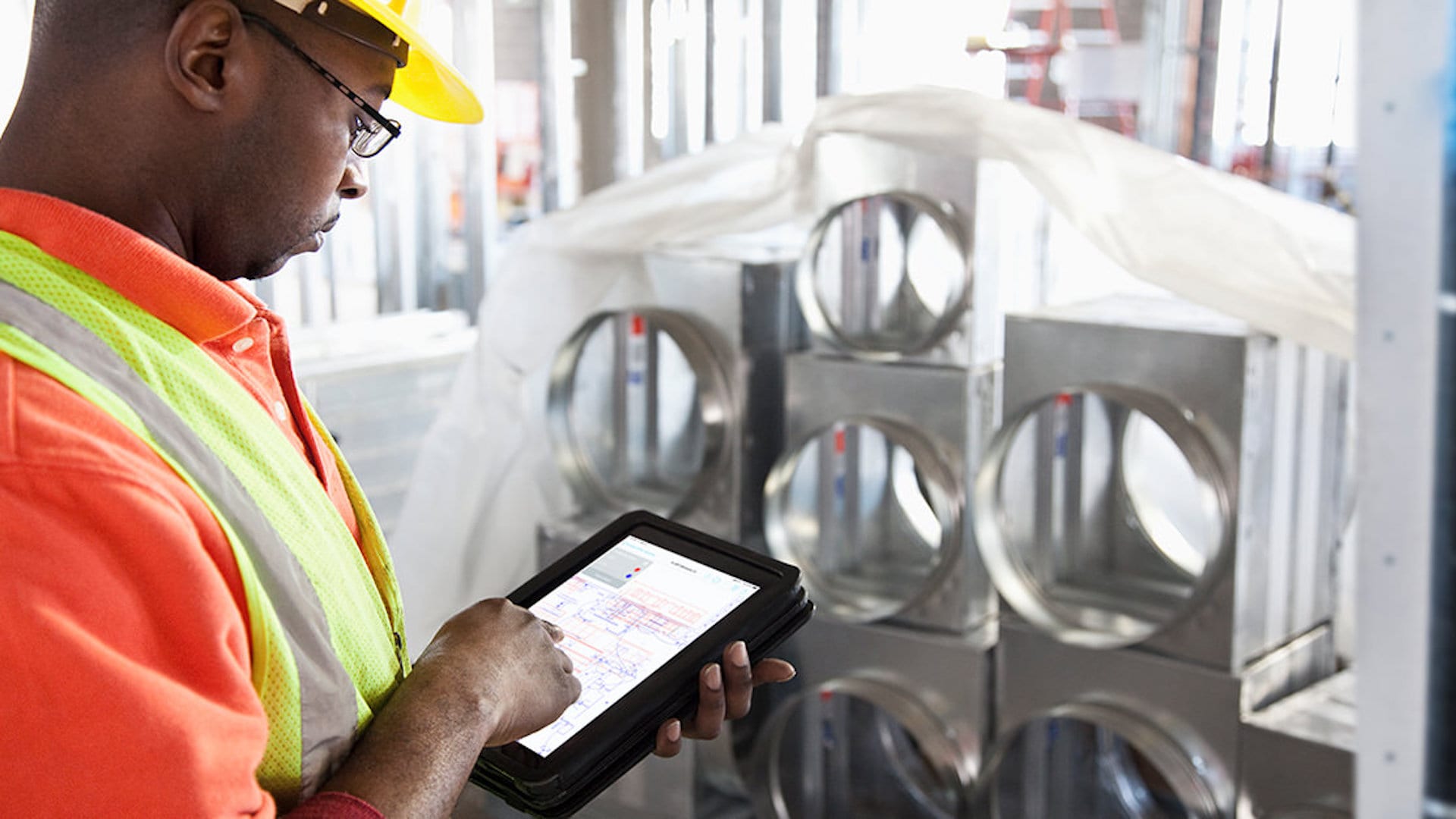
Specialty contractors often enter a delicate balancing act just to manage multiple project stakeholders and processes of their daily work. On average, specialty contractors perform around 80% of work on a project. Maintaining the same level of service across projects and staying on schedule while juggling multiple projects, can be challenging, especially if subcontractors are relying on outdated and inefficient practices. Today’s average subcontractor is already faced with a wide range of challenges. In addition to the rising safety concerns and risk on the jobsite as a result of the new normal, schedule pressures, cash flows concerns, and labor constraints all impact their ability to successfully coordinate and complete projects. If trade contractors wish to continue to be competitive and grow their business, they have no other options but to embrace innovations that allow them to scale.
Many specialty contractors feel the pressure to finish projects not only efficiently but with a high level of quality so they profit in full for the work they complete. Nonetheless, without consistent visibility and communication into the full workings of the project, including the work of other trades, it remains a major challenge for specialty contractors to deliver a high-quality project on time.
Thus, to deliver projects more collaboratively and productively, subcontracting firms are increasingly turning to technology. By using the right innovations, specialty contractors can win more work, manage scope changes and reduce rework, and standardize on common processes. In turn, this empowers them to deliver more consistent project outcomes–on their own terms.
In our webinar, “How Specialty Contractors Drive Collaboration and Deliver Quality,” on Thursday, July 9th at 11AM PT / 2PM ET, forward-thinking specialty contractors will address how they drive collaboration and deliver complex projects. Save your seat!
In this webinar you’ll learn:
Speakers on the webinar come from a variety of trades and roles and include:
The construction industry, as a whole, needs to look at the potential profits being left on the table and decide whether or not they can afford to continue with current inefficient practices. Specialty contractors who embrace change and are successful at getting their team on board with the use of advanced software can improve the capabilities and performance of their workforce.
To better juggle the increasing demands of projects and improve collaboration and quality, attend our webinar on July 9!

May we collect and use your data?
Learn more about the Third Party Services we use and our Privacy Statement.May we collect and use your data to tailor your experience?
Explore the benefits of a customized experience by managing your privacy settings for this site or visit our Privacy Statement to learn more about your options.